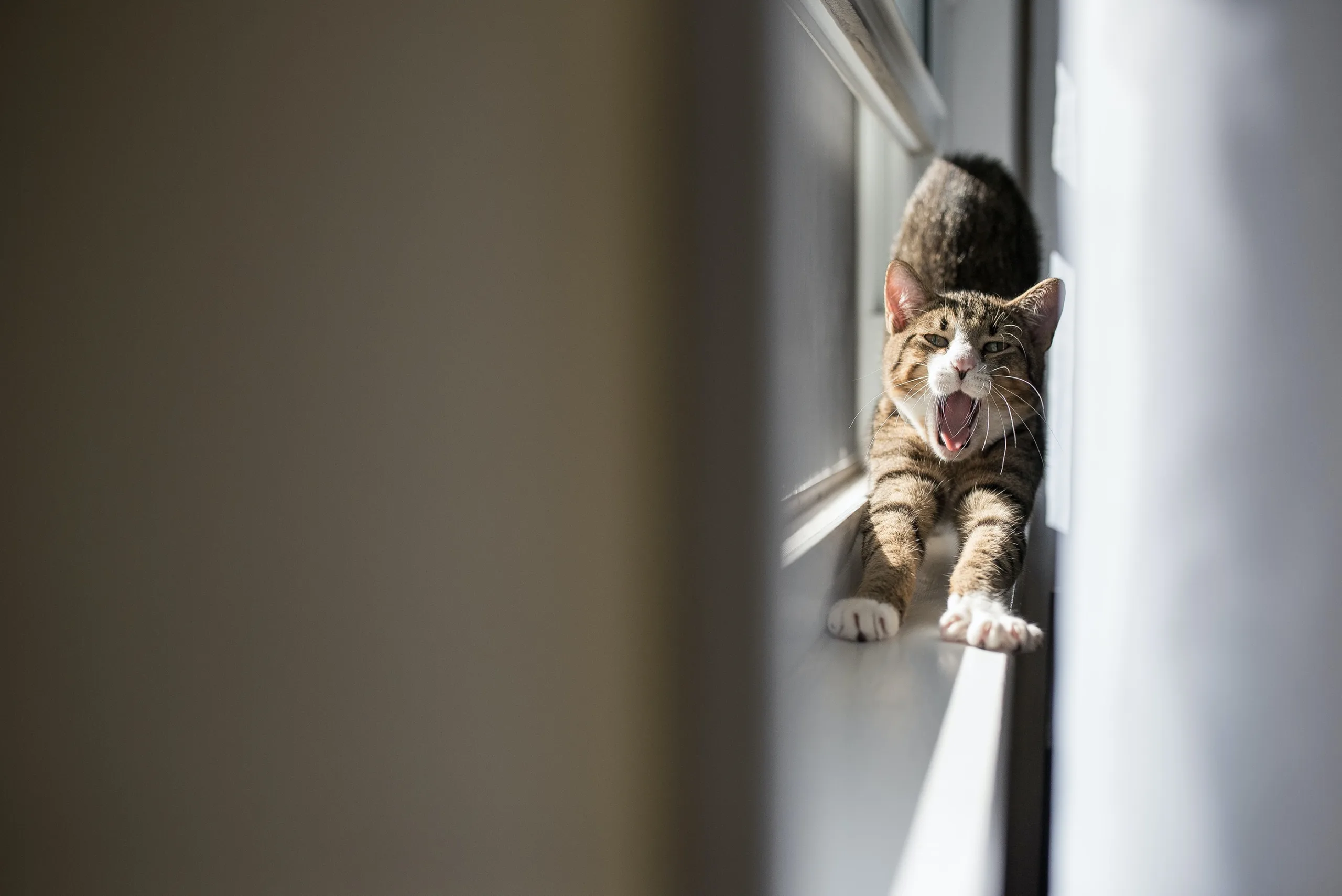Why Do Cats Scratch Walls? As a cat owner, you may have observed your feline companion engaging in peculiar behaviors, such as scratching walls. Cats are known for their unique and sometimes enigmatic behaviors, and scratching walls is no exception. Understanding the reasons behind this behavior can help you provide a stimulating and enriching environment for your beloved pet. In this comprehensive guide, we will explore the common reasons why cats scratch walls, potential motivations behind this behavior, and practical tips to protect your walls from scratches. Armed with insights into feline behavior, you can ensure your cat’s well-being and promote a harmonious living environment. Let’s delve into the world of cat scratching and uncover the secrets behind this seemingly curious habit.
For more about cats click here
The Natural Instinct to Scratch
Scratching is a natural behavior in cats that serves several essential purposes:
- Marking Territory: Cats have scent glands in their paws, and scratching allows them to leave their scent on surfaces, marking their territory.
- Nail Maintenance: Scratching helps cats maintain their claws by removing the outer layers, keeping them sharp and healthy.
- Stretching and Exercise: Scratching is a form of exercise and stretching for cats, helping them to keep their muscles agile and supple.
Why Do Cats Scratch Walls?
- Territorial Marking: Cats may scratch walls to assert their territory, leaving their scent as a sign of ownership.
- Visual Marking: Cats may scratch walls to leave visible marks, serving as a visual cue for other cats and even humans.
- Boredom or Anxiety: Cats may resort to scratching walls when they are bored, anxious, or seeking attention.
- Nail Maintenance: Walls may provide a convenient surface for cats to sharpen and trim their claws.
Why Do Cats Scratch the Wall After Pooping?
The act of scratching after using the litter box can be related to a cat’s instinct to cover their waste. Scratching the wall may serve as a way to bury their feces or mark the area with their scent.
Why Do Cats Paw at Walls?
Cats may paw at walls as part of their play behavior, especially if they see insects or small creatures moving on the wall. Pawing at walls can also be a way for cats to expend energy or express curiosity.
How Do You Protect Walls from Cat Scratches?
To protect your walls from cat scratches, consider the following tips:
- Provide Scratching Posts: Offer your cat suitable alternatives for scratching, such as scratching posts, pads, or boards. Place these near the areas where they tend to scratch walls.
- Use Deterrents: Utilize deterrents like double-sided tape or sticky surfaces on the walls to discourage scratching. Cats dislike the sticky sensation on their paws.
- Trim Claws Regularly: Regularly trim your cat’s claws to minimize the potential damage caused by scratching.
- Positive Reinforcement: Praise and reward your cat when they use the scratching posts or appropriate surfaces instead of walls.
FAQs
- Why do cats scratch the wall after pooping?
Cats may scratch the wall after pooping to bury their feces or mark the area with their scent. - Why do cats paw at walls?
Cats may paw at walls as part of their play behavior or out of curiosity. - How do you protect walls from cat scratches?
You can protect walls from cat scratches by providing scratching posts, using deterrents, regularly trimming claws, and offering positive reinforcement. - Why does my cat scratch the wall before pooping?
Scratching before pooping could be related to a cat’s instinct to prepare the area or mark it with their scent.
Conclusion
Scratching walls is a natural behavior in cats, driven by their instincts and needs. Understanding the reasons behind this behavior can help you address any underlying issues and create a cat-friendly environment. Providing appropriate alternatives, such as scratching posts, and using deterrents can encourage your cat to redirect their scratching behavior to suitable surfaces. Regular nail trimming and positive reinforcement for desired behaviors can further support a harmonious relationship with your feline companion. Remember, every cat is unique, and their scratching habits may vary. By respecting your cat’s natural instincts and providing them with outlets for their behaviors, you can ensure a happy and contented feline friend.
